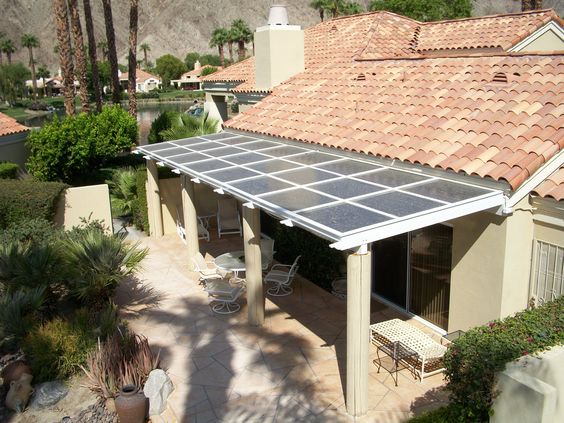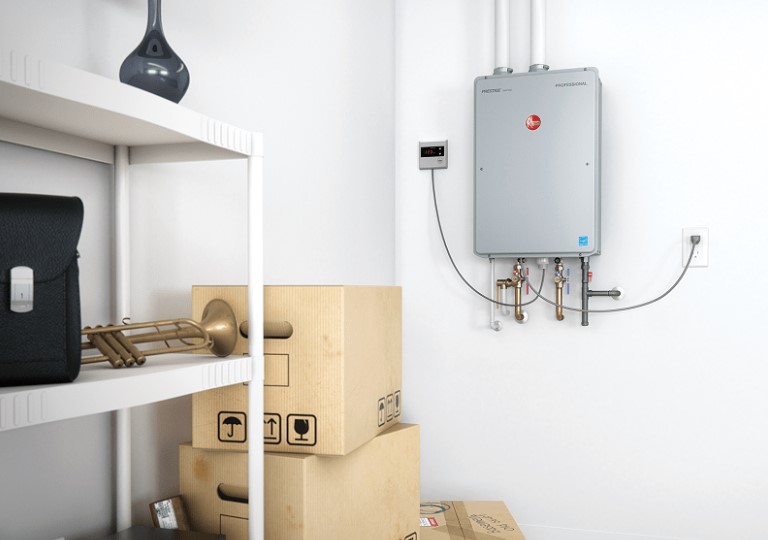Solar Water Heaters – Essential Parts Residential Owners Should Know

Are you considering installing solar water heaters? Keep reading!
 Photos By: Stock Images
Photos By: Stock Images
Solar Panels
These heaters work by collecting the sun’s energy and using it to heat water. The heat is stored in a storage container until it is needed and the tank is insulated to prevent the loss of heat.
There are many different types of solar panels, each with their own unique characteristics, so it is important to choose the type that best fits your needs as it may depend on the amount of sunlight your home gets and other factors that will impact the type of panels you get.
The most common solar panels used in residential systems are monocrystalline, polycrystalline and thin film, but all three have their own advantages and disadvantages. Research before making any final decisions, as with anything.
Thin-film solar panels are incredibly thin and they are often more flexible than other panels like ones made from glass or other metals which makes them a good choice when you need a smaller space. However, their efficiency is not as high as other materials.

Storage Tank
In most systems, a storage tank acts as a buffer energy store which helps to prevent the heat from escaping from the collectors but also prevents the water in the container from becoming too hot.
The size of the solar water heater container is an important factor in how efficiently it can work. For instance, if your solar water heater system is too small, it will not produce enough hot water and it will also need to work harder and the energy it uses will be more expensive, so it is best to buy a storage container that is at least as large as the number of people in the house.
For example, a family of two should have at least a 40 gallon capacity tank like one that a larger system can handle, because typically they use several tanks in a series, but this is difficult to do and will add lots of work.
Keep in mind, if you are installing a series of storage tanks, it is best to plumb them together to ensure that each tank gets the same flow because if you don’t, then each tank will heat up at a different rate which is not a good idea as it will waste money and energy.
Pumps
These heaters are an eco-friendly way to heat your home’s domestic hot water as they use a solar collector to absorb the sun’s energy and a storage tank to store it, which consists of a flat plate, tube or tank collector that collects and absorbs sunlight.
The hot water stored in the solar collector is then pumped around by a pump to be delivered into the home and a variety of pumps are available for different sizes of heaters.
One type of pump is an axial flow centrifugal pump, which works well for moving a wide variety of liquids, is capable of handling clear water and solids, and comes in electric drive, frame mount and gas engine varieties.
Aside from being able to handle a wide range of fluids, these pumps are also easy to clean and maintain and are also self-priming and are offered in various sizes, which is helpful as there are a variety of products on the market for various projects.

Controls
In the case of active systems, a controller is required to regulate and direct the flow of the heat transfer fluid or water from the collectors to the tank and this can be done using a mechanical pump and a differential controller, or a combination of the two.
The differential controller (www.sciencedirect.com/differential-temperature-controller) senses the temperature difference between the temperature of the water in the tank and the temperature of the collector, so when the temperature of the water in the tank is below the temperature of the collector, the controller switches the mechanical pump on.
In most cases, these controllers are set to a maximum water temperature that they can reach, based on the solar collector and sun’s ability to warm the water, so if you’re able to limit the temperature to something less than the max, that will reduce your system’s energy consumption and allow for better use of the available sun.








